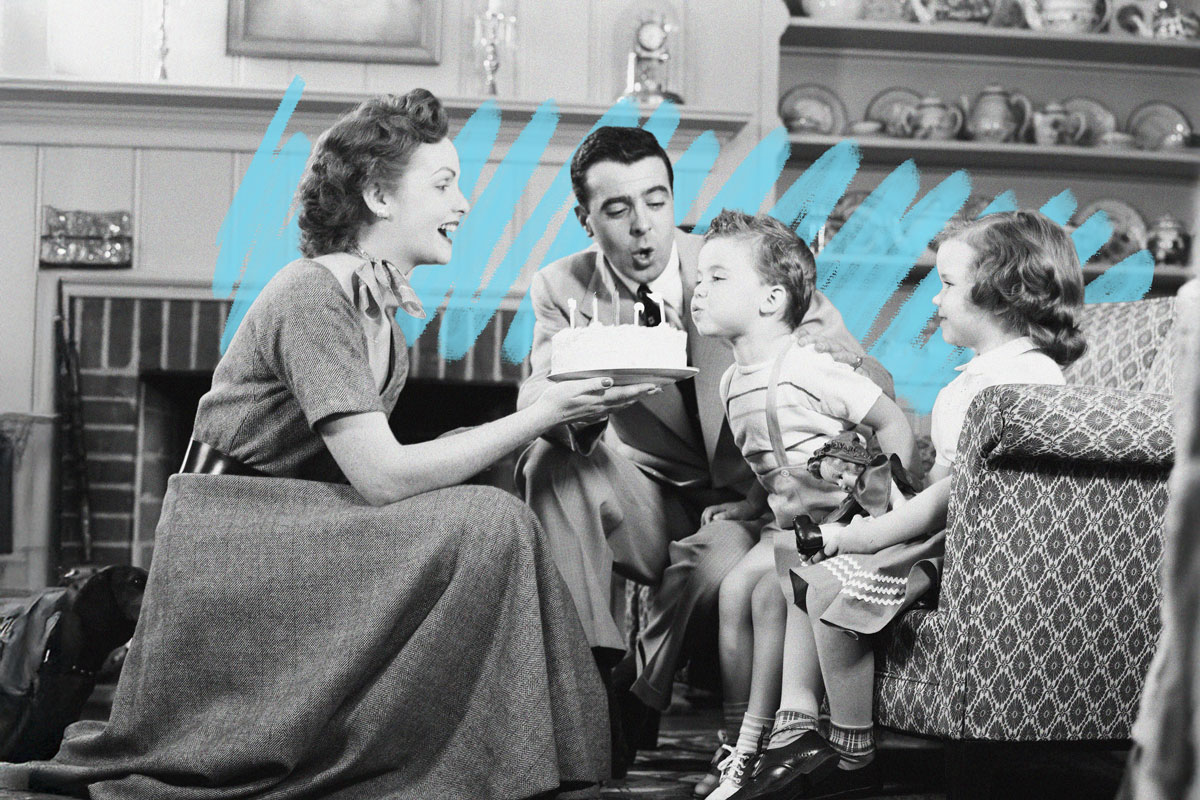Birthdays weren’t always celebrated because few people even knew their birth date.
Birthdays are often a big deal in the modern world, marking milestones such as being old enough to drive or vote, or acknowledging the start of a new decade of life. But for most of human history, a birthday was just another day, and many people didn’t even know when theirs was.
Ancient societies sometimes recorded births within noble or wealthy families for lineage or inheritance purposes, but systematic recordkeeping was rare. It wasn’t until the 1530s in England that churches were mandated under King Henry VIII to document baptisms. Similar practices appeared in colonial America, though coverage varied widely by region and denomination. In Massachusetts, for example, Puritans kept birth and baptismal records as early as the 1600s, while in many Southern states, records remained patchy into the 20th century.
For centuries, tracking your age was inconsistent, as was celebrating it. Ancient feasts marked special occasions for elite members of society (sometimes even with cake), but it wasn’t until the mid-19th century that birthdays were commonly commemorated with parties, especially for children. With the rise of industrialization, strict work schedules, pay periods, and age-based job requirements meant tracking calendars closely, making people more aware of their age and birthday. In the early 1900s, state-level birth registration became more widespread in America: By 1933, all U.S. states were participating in official birth recordkeeping, and by the mid-1940s, most Americans had birth certificates.









